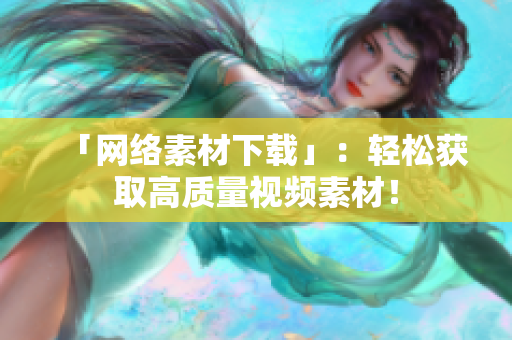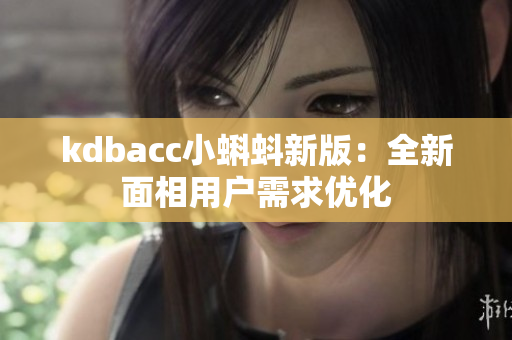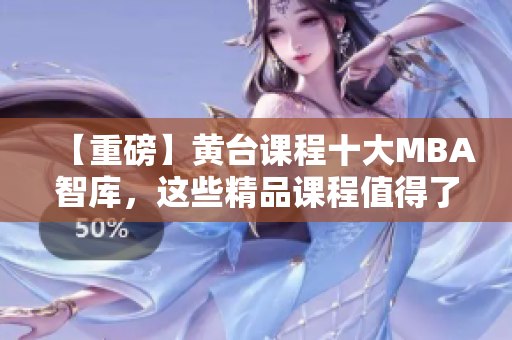Introduction
Western humanities and art have given birth to many great works throughout history. These masterpieces offer a glimpse into the human psyche and the world we inhabit, showcasing the deep well of our creativity and imagination. However, in today's world, we are confronted with a myriad of challenges that demand our attention, from the rapid development of 5G technology on the mainland to young students struggling to cope with their education. This article will explore some of the top Western humanities and art works, while also discussing current issues that concern us, such as the challenges of teaching C1 English classes and the importance of being sensitive to the needs of our fellow students.
The Top Western Humanities and Art Works
The Western world has produced countless works of art and literature that might be considered for inclusion in such a list. However, some of the most groundbreaking works in the field of art include "The Old Guitarist" by Pablo Picasso, "The Last Judgment" by Michelangelo, and Michelangelo's "David" sculpture. These works of art have stood the test of time and continue to inspire people around the world, offering new perspectives on the human condition. In literature, works such as "The Iliad" by Homer, "Pride and Prejudice" by Jane Austen, and "Moby-Dick" by Herman Melville continue to be studied and loved by readers across generations.
The Challenge of Teaching C1 English Classes
Teaching English as a second language is a challenging task, particularly at the C1 level. At this level, students are required to be proficient in a range of language skills, including reading, writing, and communicating at a high level of fluency. Teachers need to be creative, patient, and flexible to keep pace with the students' needs. Moreover, teachers should be well-versed in the latest teaching methodologies and tools, such as online resources and interactive learning platforms, to provide their students with the best possible learning experience.
Understanding the Needs of Our Fellow Students
As students, it's critical that we support one another and work together to achieve our educational goals. We must be sensitive to the different needs and backgrounds of our classmates, which can foster a culture of inclusivity and mutual respect. In particular, we need to be aware of the challenges faced by students from disadvantaged backgrounds, such as those from low-income families or rural areas. They may struggle to keep up with their studies without the necessary resources or support. By recognizing and addressing these issues as a community, we can help our fellow students to thrive and reach their full potential.
The Importance of Ethical Gaming Practices
The popularity of online gaming has led to an explosion of in-game purchases and virtual currencies, leading some participants to become addicted and overspend. It's easy for players to become caught up in the excitement of the game and the promise of quick rewards, often at the expense of their financial health. As responsible gamers, we need to be aware of this risk and promote ethical gaming practices, such as avoiding overspending and setting limits on our playing time.
The Origins of Scarcity in Southeast Asian Nursery Schools
Nursery schools in Southeast Asia are facing a shortage of resources, such as books, toys, and equipment. This scarcity has been attributed to a range of factors, including a lack of government funding, geographical barriers, and cultural attitudes towards early education. It's crucial that society recognizes the importance of early childhood education and provides the necessary resources for our youngest learners. By investing in early learning, we can help to ensure that the next generation of students is equipped with the tools they need to succeed in life.
Conclusion
The world is full of challenges that require our attention and action. However, it's essential that we also recognize the importance of Western humanities and art, which offer a window into the human condition and inspire us to greatness. At the same time, we should be attentive to the needs of our fellow students and friends, working together to create a supportive and inclusive community. Ultimately, it's only by recognizing and acting on these challenges that we can create a better world for all.









